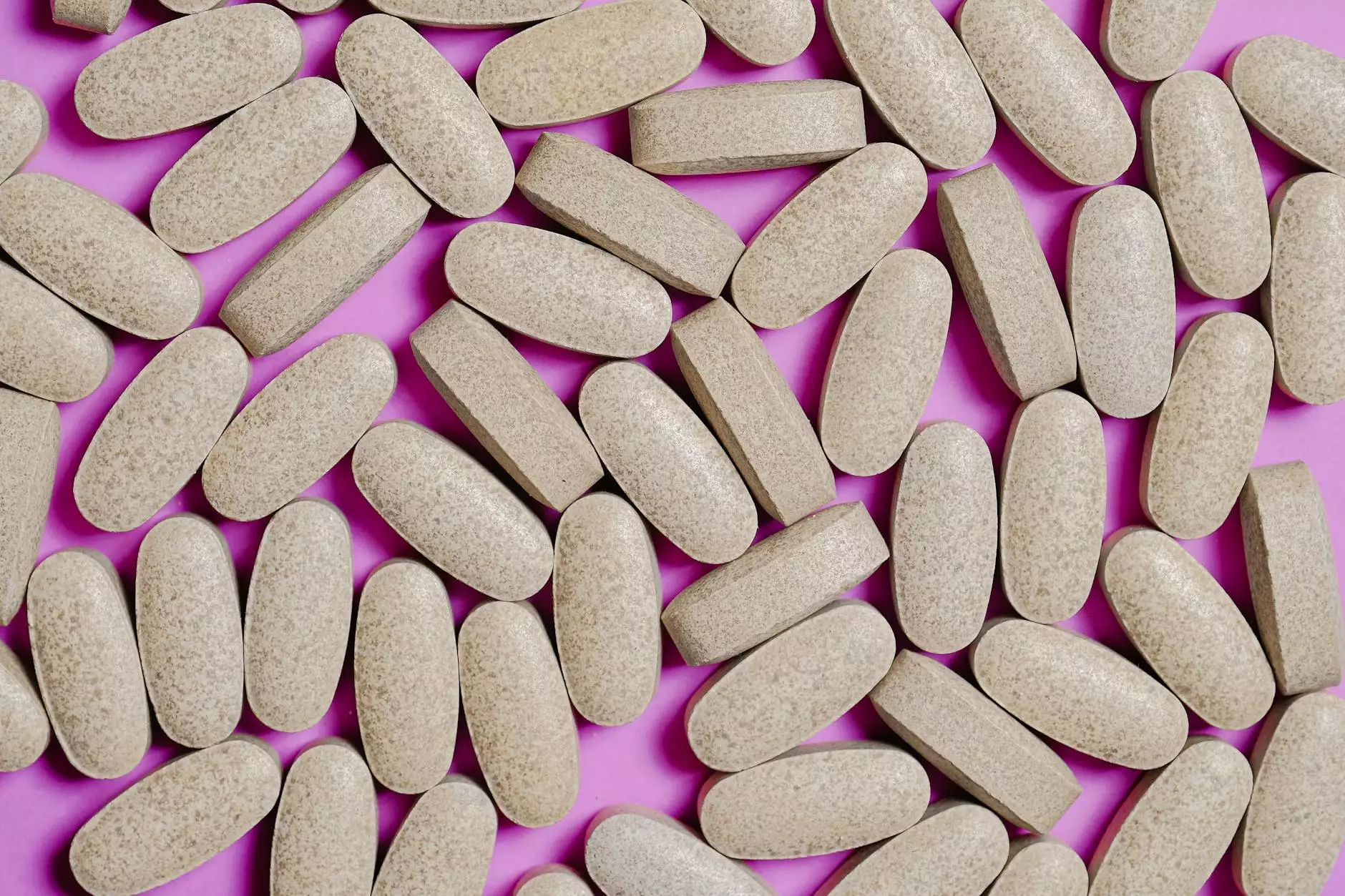Comprehensive Guide to Semaglutide Peptide Mixing Instructions

Semaglutide, a revolutionary medication for weight management, is gaining popularity in the Health & Medical, Beauty & Spas, and Weight Loss Centers industries. Understanding the correct peptide mixing instructions is crucial for both practitioners and patients to harness the full potential of this remarkable treatment.
What is Semaglutide?
Semaglutide is a synthetic analog of the human glucagon-like peptide-1 (GLP-1) hormone, which plays a vital role in glucose metabolism and appetite regulation. Initially approved for the treatment of type 2 diabetes, it has now emerged as a powerful agent for weight loss.
How Semaglutide Works
By mimicking GLP-1, semaglutide enhances insulin secretion, inhibits glucagon release, and slows gastric emptying, leading to increased satiety and reduced caloric intake. This multifaceted approach not only helps in managing blood sugar levels but also promotes sustainable weight loss.
Importance of Proper Mixing Instructions
To achieve effective results, understanding the semaglutide peptide mixing instructions is imperative. Incorrect preparation can lead to suboptimal dosing, which may diminish the therapeutic effects and increase potential side effects.
Key Components Needed for Mixing Semaglutide
- Semaglutide Vial: Ensure you have a prescription from a licensed healthcare provider.
- Sterile Diluent: Typically provided by the manufacturer, this is crucial for mixing.
- Syringe: Use a sterile syringe that is appropriate for drawing and injecting.
- Alcohol Swabs: For sanitizing the vial and injection site.
Step-by-Step Mixing Instructions
Here's a detailed guide on how to properly mix semaglutide for administration:
Step 1: Preparation
Before beginning, ensure you are in a clean environment. Gather all your materials, including:
- Semaglutide vial
- Sterile diluent
- Syringe
- Alcohol swabs
Step 2: Clean the Vial
Using an alcohol swab, clean the rubber stopper of the semaglutide vial. This step is critical to prevent contamination.
Step 3: Draw the Diluent
Using the sterile syringe, draw the specified amount of sterile diluent. The exact volume will depend on the dosage prescribed by your healthcare provider.
Step 4: Mix the Solution
Inject the diluent into the semaglutide vial. Once the diluent is added, gently swirl the vial to mix the solution. Avoid shaking the vial vigorously, as this may damage the peptide.
Step 5: Verify the Solution
After mixing, check that the solution is clear and free of any particulate matter. If you notice any cloudiness or particles, do not use the solution.
Step 6: Draw the Semaglutide
Using the same or a new sterile syringe, draw the required dose of semaglutide from the vial. Be sure to follow your healthcare provider's instructions on dosage.
Step 7: Administer the Injection
Choose an appropriate injection site such as the thigh, abdomen, or upper arm. Clean the area with an alcohol swab, then administer the injection according to the technique instructed by your healthcare provider. Dispose of all needles and syringes properly after use.
Storing Semaglutide
Proper storage of semaglutide is essential to maintain its efficacy:
- Refrigeration: Store unused semaglutide vials in the refrigerator (2°C to 8°C or 36°F to 46°F).
- Room Temperature: Once mixed, semaglutide can be stored at room temperature (up to 30°C or 86°F) for a specific period—usually around 28 days. Do not freeze.
Benefits of Semaglutide
Semaglutide offers numerous benefits beyond weight loss. Here are some key advantages:
- Effective Weight Loss: Clinical trials have shown significant weight loss in individuals using semaglutide compared to placebo.
- Improved Glycemic Control: Semaglutide aids in maintaining better blood sugar levels in those with type 2 diabetes.
- Reduced Risk of Cardiovascular Events: Studies suggest that semaglutide may lower the risk of cardiovascular incidents in patients with established cardiovascular disease.
- Enhanced Quality of Life: As patients see improvements in weight and health parameters, they often experience a boost in overall well-being and self-esteem.
Precautions and Considerations
Before starting semaglutide, it is essential to discuss potential risks with your healthcare provider:
- History of Thyroid Cancer: Individuals with a history of medullary thyroid carcinoma or multiple endocrine neoplasia syndrome type 2 should avoid semaglutide.
- Gastrointestinal Issues: Patients with a history of significant gastrointestinal diseases should be cautious.
- Potential Side Effects: Be aware of possible side effects such as nausea, vomiting, and diarrhea, especially during the initial stages of treatment.
Conclusion
In summary, understanding the semaglutide peptide mixing instructions is vital for effective treatment and optimal results. By adhering to the guidelines, individuals can ensure safe administration and harness the full benefits of this groundbreaking medication. Consult with healthcare professionals regularly to maximize the advantages of semaglutide in your weight loss journey.
For more information and professional guidance, visit Skinny Quick to explore the best practices in health, beauty, and weight management.



